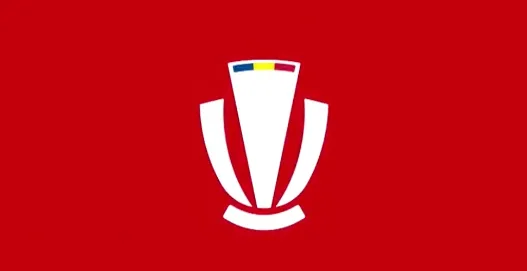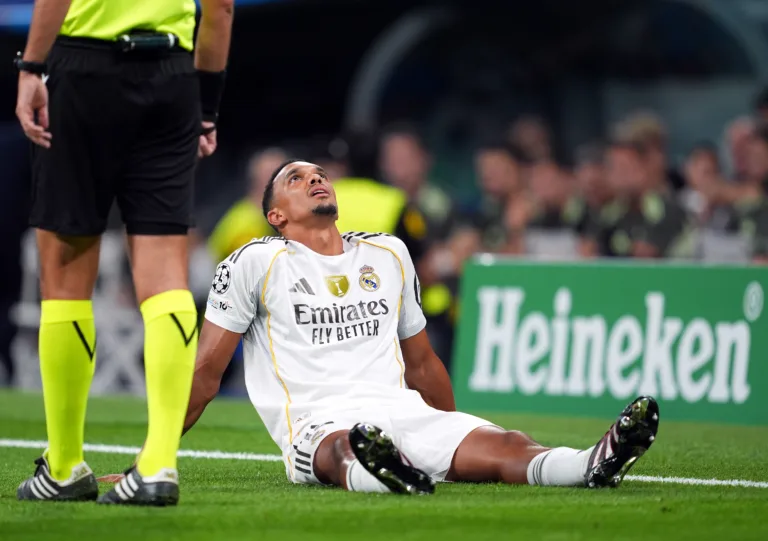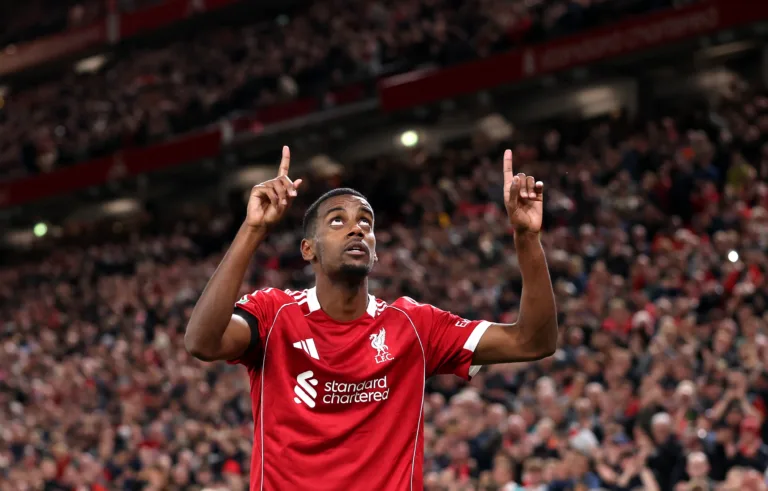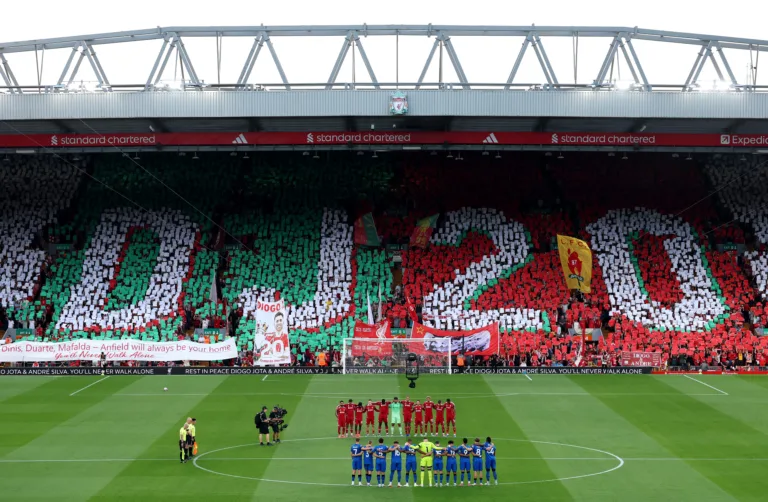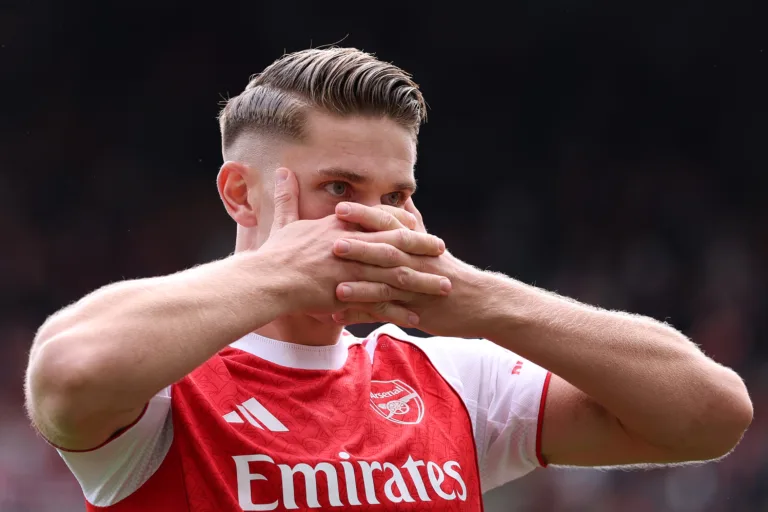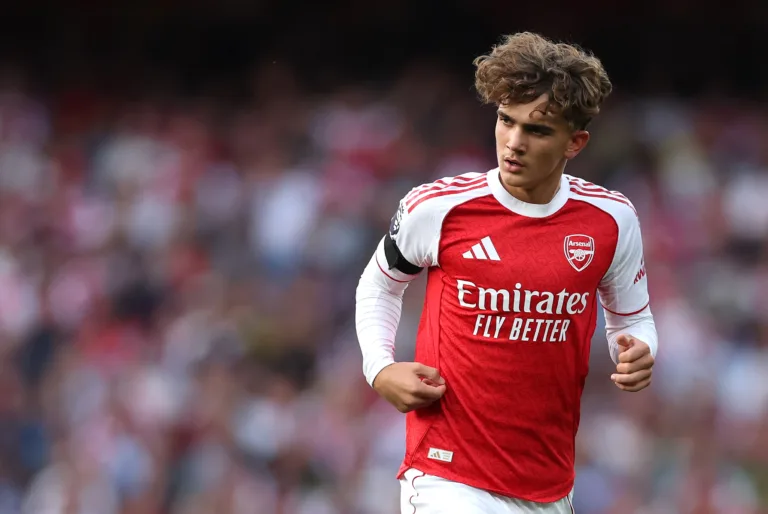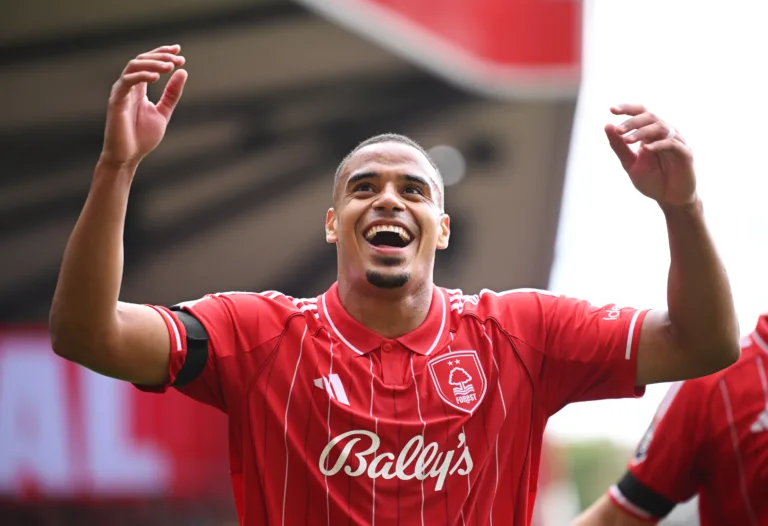Managing in Romanian Football : The Impossible Job
Managing a football club is never easy, but in Romania it borders on the impossible. While the country has a rich footballing tradition, including a golden generation in the 1990s and historic clubs like Steaua București (now FCSB), Dinamo București, and Universitatea Craiova, the environment surrounding Romanian football has become one of the toughest for any coach to navigate.
A combination of financial chaos, ownership interference, political games, fan pressure, and systemic instability makes the job of a manager in Romania uniquely difficult.
Chronic Financial Instability
Romanian clubs, with very few exceptions, operate on the smallest budgets. Many have gone into insolvency or bankruptcy in the past two decades. Dinamo București, one of the country’s most storied teams, has lurched from one financial crisis to another. Clubs frequently delay player salaries, cut budgets during the season, or fail to pay transfer fees on time.
For a manager, this creates enormous uncertainty. How can you plan longer term when key players may leave because of unpaid wages, or when budgets disappear overnight? Unlike in Western Europe, where managers are judged on results within a relatively stable structure, Romanian coaches must navigate shifting financial sands every few months.
The Overbearing Influence of Owners
In Romania, owners and club presidents often treat football teams as personal projects rather than professional organisations. Gigi Becali at FCSB is the most famous example: he is notorious for dictating team line-ups, transfer targets, and even tactical approaches from outside the dugout. This culture undermines the authority of the manager, who is reduced to a figurehead rather than a true decision-maker.
The result is a revolving door of coaches. Clubs regularly burn through three or four managers per season, with little chance to implement a coherent vision. Stability is almost impossible when the manager’s authority is constantly undercut by the people above them, people that more often than not aren’t fit to be running a football club.
READ MORE: Atletico Madrid VS Real Madrid: The Eternal Tug of War for the Madrid’s Soul
The Legacy of Corruption and Politics
Romanian football has long been entangled with politics and corruption. The so-called ‘Cooperativa‘ of the 1990s, in which matches were allegedly fixed to favour certain teams, left a lingering distrust among fans and stakeholders.
Even though reforms have taken place, suspicions of behind-the-scenes deals, refereeing bias, and political meddling still hang over the game. For managers, this means results are not always perceived as the product of their tactical ability or player performance.
A single controversial refereeing decision can spark accusations of conspiracy, undermining the credibility of their work. It’s inevitable that officials make mistakes; they’re human, but it’s difficult for many in Romania to see past its history of corruption.
READ MORE: A Game of Reunions: Chelsea vs Brighton Match Preview
Unrealistic Fan Expectations
Romania is a football-obsessed country, and fans are both loyal and volatile. Traditional clubs like Steaua/FCSB, Dinamo, and Craiova carry passionate followings that expect glory, regardless of financial reality. Supporters often demand instant success, pushing club leadership to sack managers after just a handful of poor results.
In contrast to Western Europe, where long-term projects are sometimes tolerated (see Jurgen Klopp’s early years at Liverpool or Diego Simeone at Atletico Madrid), Romanian fans, and by extension, club boards, rarely show patience.
Managers are trapped between expectation and reality, judged against the golden memories of the 1980s and 1990s rather than the constraints of today.
Player Development and Exodus
Romania still produces talented players, but the domestic league is seen as a stepping stone.
Young talents often leave for stronger leagues at the first opportunity, leaving managers with a constantly changing squad. Foreign imports, meanwhile, are often short-term solutions signed on modest contracts, and many of them struggle to adapt to the local environment.
This constant turnover means managers rarely have the chance to build a cohesive, longer-term squad. Instead, they are forced into patchwork solutions, cobbling together results with whatever resources remain at their disposal.
The Media
The Romanian sports media is relentless. Every tactical choice, substitution, or training ground rumour becomes front-page news.
Managers are placed under constant scrutiny, and narratives of crisis or controversy are never far away. In such an environment, even a small dip in form becomes magnified into a full-blown catastrophe. For coaches, this means working under permanent siege conditions.
Few can handle the mental strain of knowing their job security hinges not only on results but also on the daily spin of the media cycle.
Lack of Infrastructure and Long-Term Vision
Compared to Western Europe, Romanian clubs often lag in infrastructure. Outdated training grounds, modest stadiums, and limited access to modern sports science. The federation has made some progress, but overall, conditions make it difficult for managers to implement modern tactical or fitness regimes.
Worse still, there is rarely a long-term strategic vision. Clubs do not invest in academy systems or coherent scouting networks to the same degree as other European nations. This lack of planning filters down to the manager, who is tasked with winning today without the tools to build for tomorrow.
Conclusion: A Job Set Up to Fail
To manage in Romanian football is to step into a storm. Financial instability, owner interference, political baggage, fan impatience, and weak infrastructure combine to create an environment where even the most talented coaches struggle to succeed.
It is not that Romanian managers lack ability; many are resourceful and tactically astute, but the structural conditions make their job almost unmanageable.
Until clubs embrace stability, professionalism, and long-term vision, the role of a manager in Romania will remain less about coaching football and more about surviving in catastrophic circumstances.


